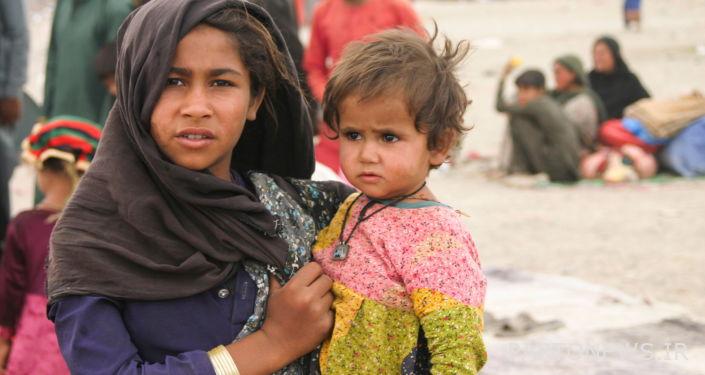More than 3 million Afghan refugees flee to Iran and Pakistan after the Taliban came to power

https://cdnn1.img.ir.sputniknews.com/images/07e5/09/03/8238303.jpg
Sputnik Persian
https://ir.sputniknews.com
Sputnik
https://ir.sputniknews.com

https://ir.sputniknews.com/near_east/202110148364423-%D9%81%D8%B1%D8%A7%D8%B1-%D8%A8%DB%8C%D8%B4-%D8%A7%D8 % B2-3-% D9% 85% DB% 8C% D9% 84% DB% 8C% D9% 88% D9% 86-% D9% BE% D9% 86% D8% A7% D9% 87% D8% AC % D9% 88% DB% 8C-% D8% A7% D9% 81% D8% BA% D8% A7% D9% 86% DB% 8C-% D8% A8% D9% 87-% D8% A7% DB% 8C% D8% B1% D8% A7% D9% 86-% D9% 88-% D9% BE% D8% A7% DA% A9% D8% B3% D8% AA% D8% A7% D9% 86-% D9 % BE% D8% B3-% D8% A7% D8% B2 -% D8% A8% D9% 87-% D9% 82% D8% AF% D8% B1% D8% AA-% D8% B1% D8% B3% DB% 8C% D8% AF% D9% 86-% D8% B7% D8% A7% D9% 84% D8% A8% D8% A7% D9% 86 /
About 10 percent of Afghans (more than 3 million) fled to Iran and Pakistan after the rise of the Taliban (a banned terrorist organization in Russia), said Anatoly Sidorov, chief of the Joint Chiefs of Staff.
“The rise of the Taliban has led to a mass exodus of refugees. More than 3 million Afghans – about 10 percent of the Afghan population – have fled to Iran and Pakistan,” Sidorov told a news conference on Thursday, Sputnik reported.
According to him, the rate of migration within Afghanistan itself has been more than half a million, and the number of Afghans working with the US government who have left Afghanistan is estimated at more than tens of thousands.
“The problem of displaced people became particularly significant in September this year, when there were widespread cases of deportation of Shiites by radicals,” Sidorov said.
“The flight of ethnic minorities from their lands due to the increased level of terrorist threat could lead to a large influx of refugees into neighboring Central Asian countries, including members of the Collective Security Treaty Organization,” he added.
He noted that the dire humanitarian situation in Afghanistan in the international community is of particular concern.
According to Anatoly Sidorov, according to UN experts, this autumn Afghanistan is facing a widespread famine because in recent years the supply of chemical fertilizers to the northern provinces of the country has decreased by 80%, the production of traditional products has decreased by 40%. The situation is also exacerbated by the fact that the country’s economy is heavily dependent on foreign aid, most of which has been blocked since the Taliban came to power.

